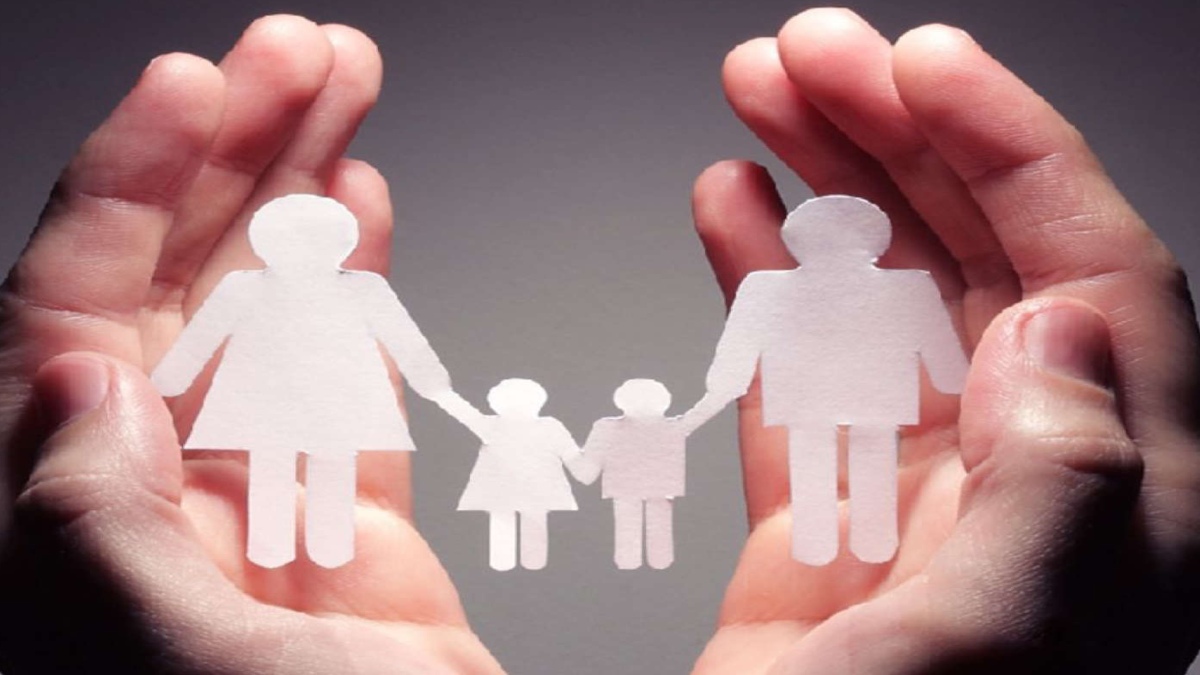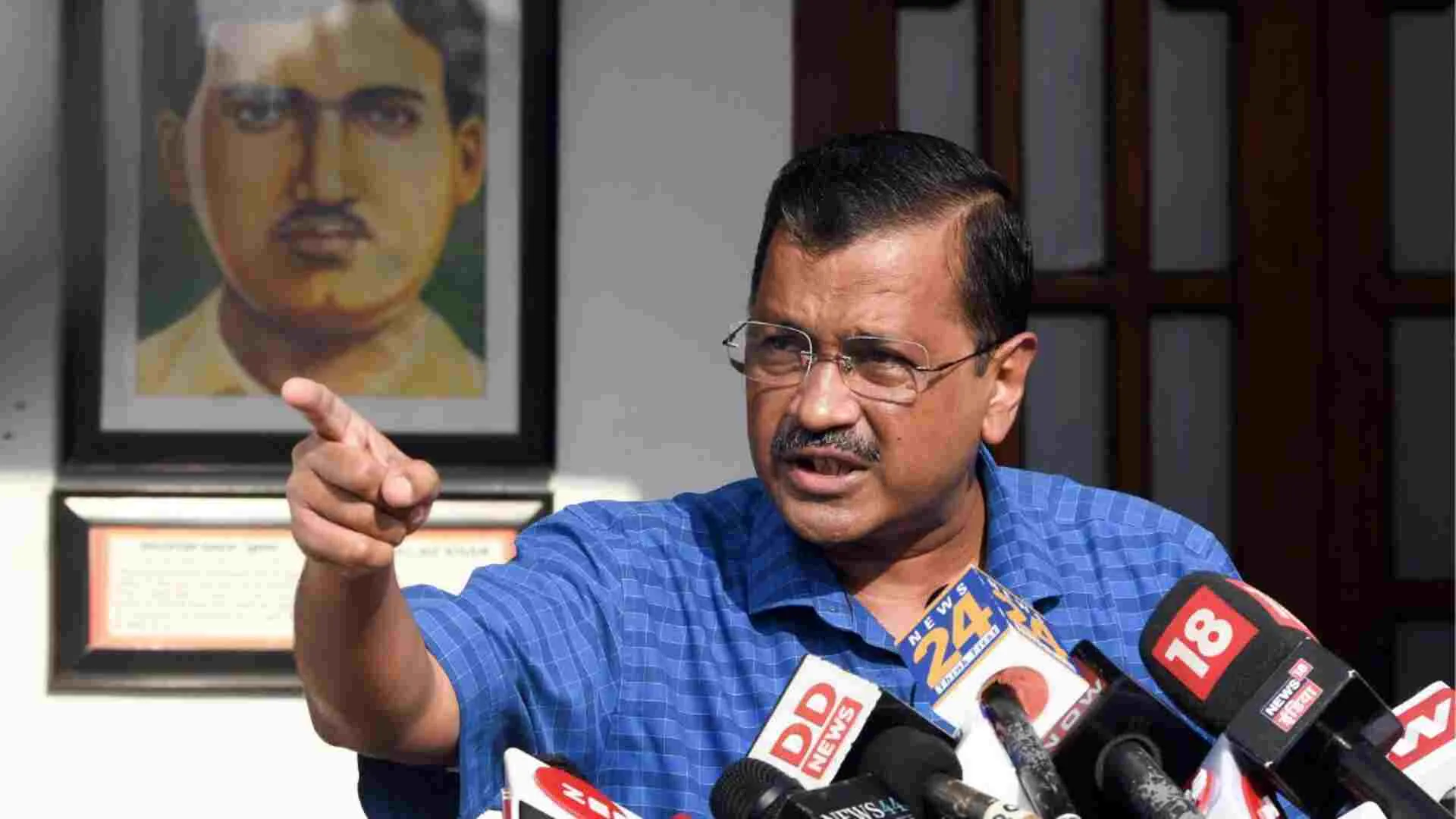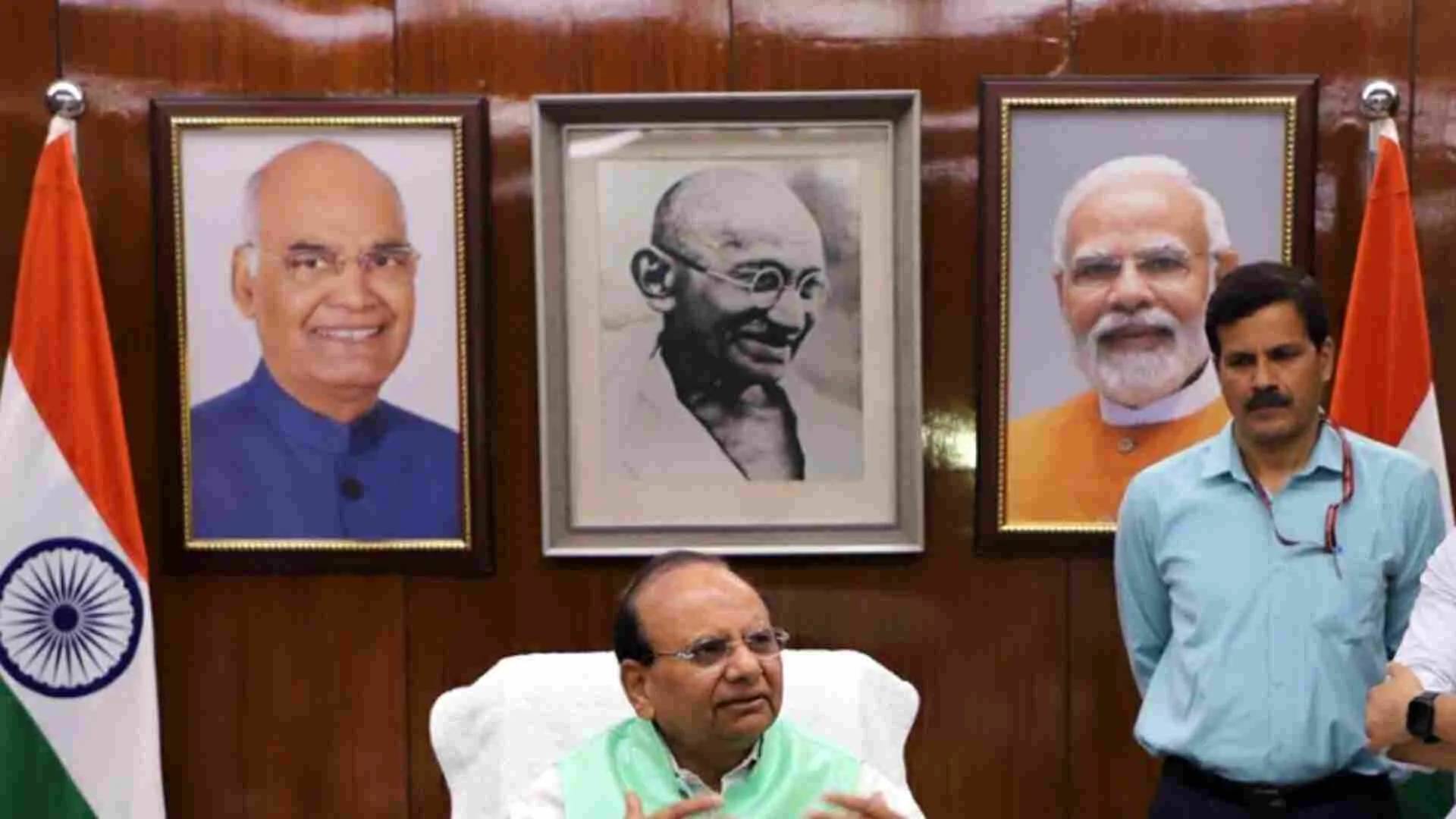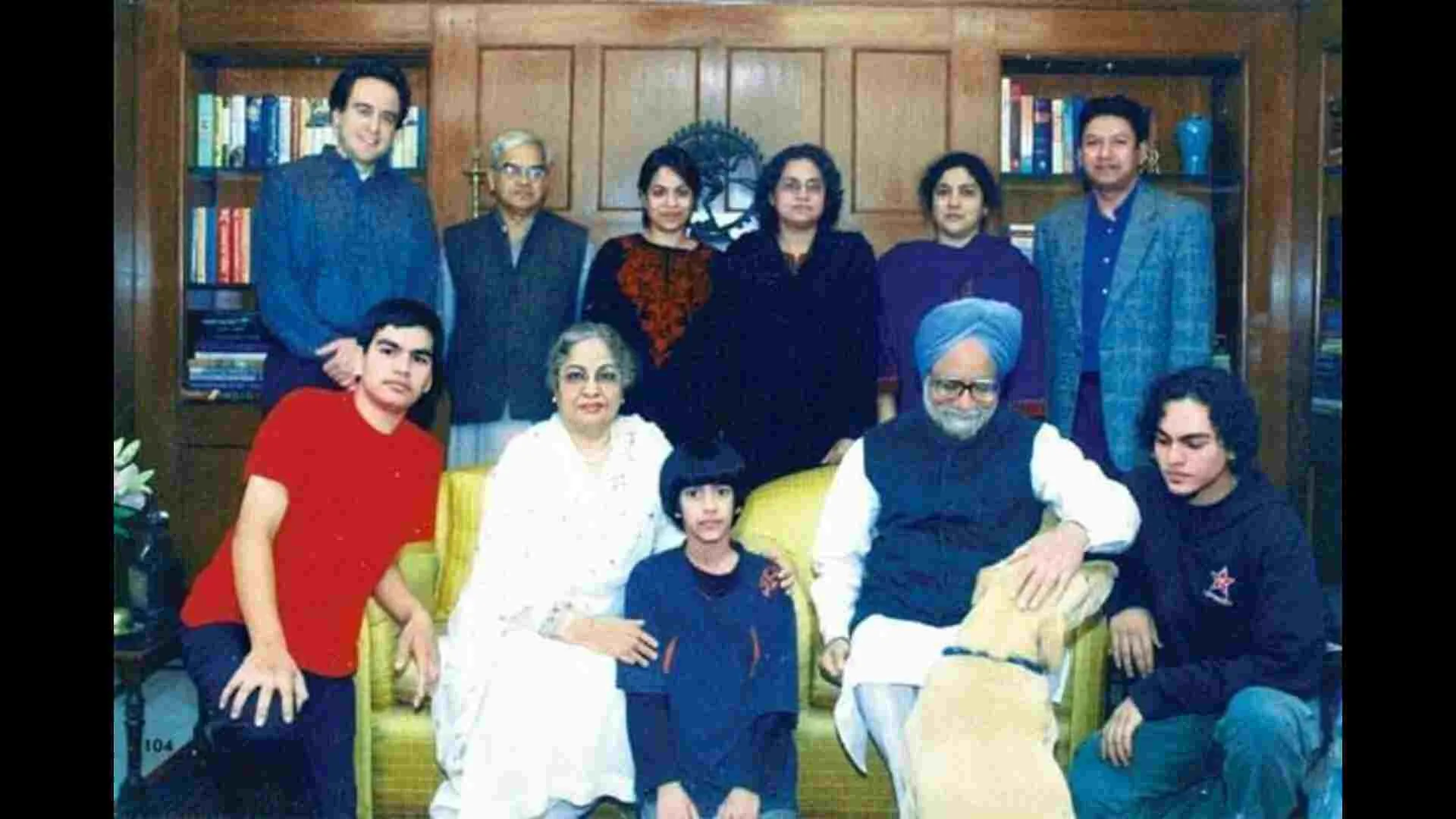No matter how much you prepare, you’re never really prepared enough for parenthood till you begin to live that life. Parenthood is a unique experience and a shared responsibility. Its impact might start with conception but is only felt after childbirth.
Breastfeeding begins a mother’s journey of shouldering much of the caregiving responsibilities. Motherhood is often glorified and thus, fear overrides everything she does. It tends to envelop her identity.
· Fear of having to care for a being who is fragile and tiny, who needs to latch on correctly to breastfeed, must be cleaned with utmost care and kept warm and comfortable.
· Fear that she must instinctively understand her child’s needs and know what to do. She can’t go wrong or make any mistakes.
· Fear that her struggle to understand her child’s behaviour will be scrutinised and judged.
· Fear of unmet expectations. Everyone seems to know more than her. Unsolicited advice about the ‘right way’ of doing things is free-floating.
· Fear of the pressure that ‘mother knows best.’ It’s challenging to assimilate, assess and ascertain for herself what matters, what is required and what she can realistically do.
Fear creates tremendous performance pressure leaving her feeling anxious, insecure, disillusioned, uncertain, miserable and alone. She’s unable to show anger or frustration since motherly emotions promote tolerance, acceptance and selflessness. To overcome these feelings, she pressurises herself to invest more of herself. She begins to believe that only she can understand her child’s needs and therefore is the most competent to provide care. She questions other’s capabilities to share or take over some of her responsibilities. This can make her rigid. She’s unable to accept if things aren’t done timely or her way. She struggles to resist the temptation to do them herself just so she can feel comfortable and satisfied. She becomes overcautious and overprotective. This often leads her into direct confrontation with others.
When seeking support she feels threatened and challenged by the notion that asking for help might mean giving up and/or letting go of being the direct caregiver. Thus, the emotional support she gets greatly differs from the support she feels she truly needs.
Interestingly new mothers often overlook the fact that husbands also graduate to become fathers. Fathers are equally important for a child’s physical and social development and emotional well-being. Yet their transition is discounted and rarely seen as a struggle. They question their role and abilities because of the age-old divide between gender roles. In recent times, the need to become engaged hands-on fathers also feels like pressure. They lack the non-judgemental space or time to become comfortable with their child, flexibility to understand how things are done or make their mistakes. Much can be learned through trial and experimentation which in turn strengthens the father-child attachment. Yet they’re made to feel inadequate, incompetent, inconsequential and apathetic.
Instead of resisting and coming across as hostile, many actually prefer to trade caregiving responsibilities with becoming providers of financial security. Being competent providers allows them to regain their confidence and sense of control. It also provides the feeling of accomplishment earlier missing from their parental role.
It’s important to understand that as roles evolve (wife to mother, husband to father, husband-wife to parents) responsibilities expand and expectations change. But unfortunately, becoming parents is automatically seen as the most critical role. At this juncture, providing positive childcare while managing and juggling the marriage, meeting the partner’s needs and the demands of the household and professional responsibilities become challenging and burdensome. It’s a difficult phase. To ease into parenting one requires patience, open communication and commitment.
Effective parenting is stressful and does impact the marital relationship. It can glaringly bring out the shortcomings and difficulties in marriage and lead to blaming one another. Alternatively, discounting the marital relationship directly impacts the quality of parenting. When parents are unhappy, dejected and troubled, their unmet needs get projected onto the child with the expectation that they will satisfy them. This puts undue pressure on the child and can make them feel like a failure or as if they’re not enough and have done something wrong. The well-intentioned effort at parenting can therefore get completely misplaced.
Thus conscious effort must be made to bring back focus into the marriage and partnership instead of connecting via the child. High-quality, engaged and active parenting entails stepping up and being each other’s comfort and support. Knowing one can depend on their partner has huge psychological benefits. A healthy and nurturing marital relationship fulfils emotional needs, provides stability and eases feelings of insecurity, anxiety, emptiness and loneliness when wading through this learning phase.
Parenting with a committed partner provides a sense of meaning and purpose in life. It ensures that parenting is an enjoyable and happy experience.
The writer is a mental health counsellor.





















